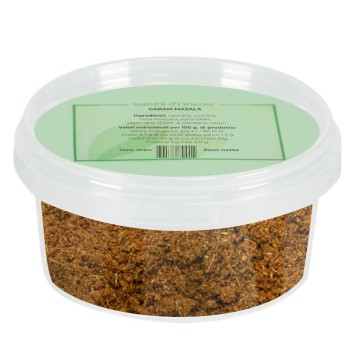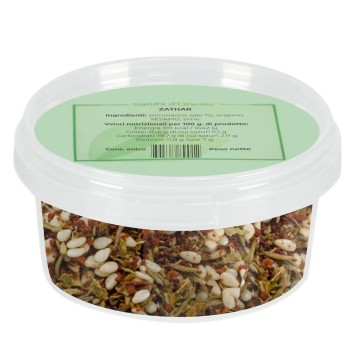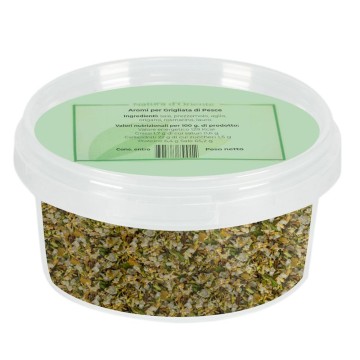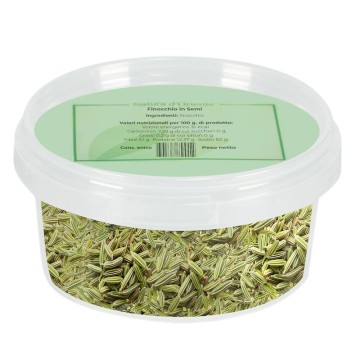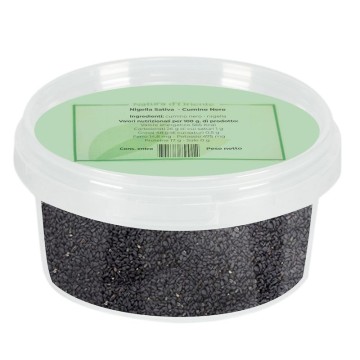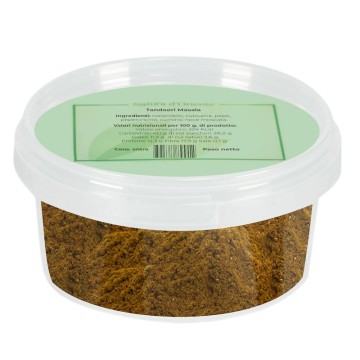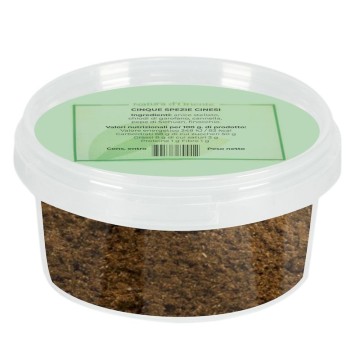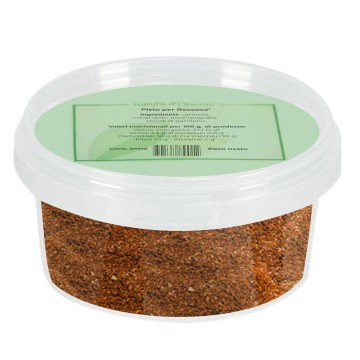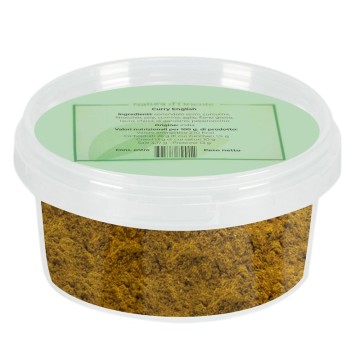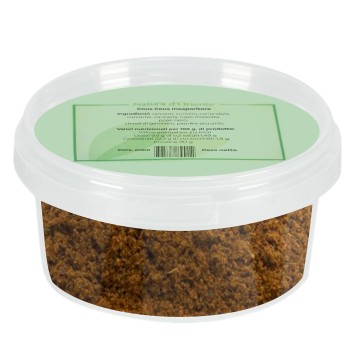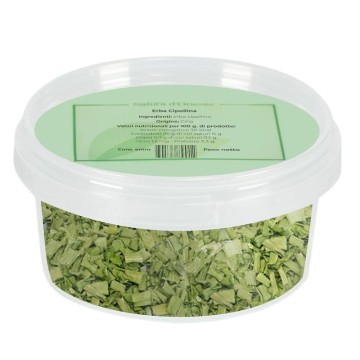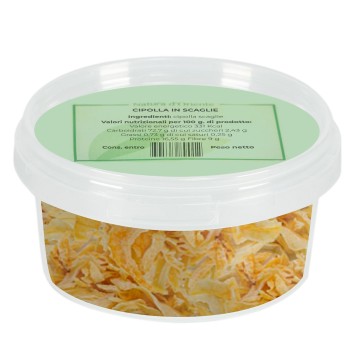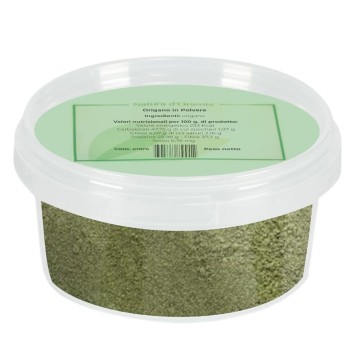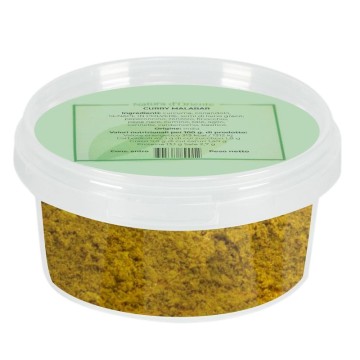Ground rosemary: properties, benefits:
Rosemary grows wild along the entire Mediterranean coast. In medieval times, once the antiseptic properties of rosemary were discovered, it was used to marinate meat as well as to flavor it.
It is a plant rich in essential oils (pinene, conforene, limonene) flavonoids, phenolic acids, tannins, resins, camphor and also contains rosmarinic acid with antioxidant properties. Many studies, in fact, demonstrate the ability to inhibit the superoxide anion, a very toxic and reactive free radical, responsible for cellular oxidation.
Rosemary helps us against stress and joint pain. It is a stimulant, good in cases of asthenia and general weakness, to relieve stress from physical and intellectual overwork. It is antineuralgic. It has antiseptic properties, has a good effect on flu and feverish states, calms the respiratory system in cases of asthma and cough.
It acts on the digestive system: it is stomachic (facilitates digestion), carminative (helps peristaltic movements). Finally, it also has a good effect on the bone system, as an antirheumatic (both as an infusion and as a decoction).
Origins and historical notes Ancient peoples considered rosemary (Rosmarinus officinalis) an exceptional plant for its aromatic and therapeutic properties. Until the 2nd century AD this herb was not a cooking ingredient, then Galen identified its digestive virtue. Since then, rosemary began that gastronomic journey that led it to become that Italian aroma par excellence, which on hot summer days emanates its intense and pleasant aroma, carried by the sea breezes.
The Egyptians considered it a magical element, whose sprigs were able to procure immortality because even when cut they remained fresh over time. The Romans made rosemary the symbol of death and love.
In the 17th century, at the court of France, a particular preparation called "Water of the Queen of Hungary" became very fashionable, made by distilling two parts of rosemary flowers and three of alcohol. This water was considered a panacea, King Louis XIV took it to cure gout, while Madame de Sévigné carried it in her pocket to perfume her skin.
Since the nineteenth century, little by little, the Queen's Water was replaced by another rosemary preparation: Eau de Cologne. Green all year round, it displays leaves that are apparently sharp but actually soft. It is a herb of choice in our peninsula and also very popular in southern France, although it does not meet the same appreciation in the kitchens of other countries of the Mediterranean basin.
Also known in Italy as "ramerino", it seems to derive its name from the Latin "ros" (dew) and "maris" (of the sea), but another theory would have it come from the Greek "rops" (shrub) and "myrinos" (fragrant). In folk medicine, rosemary is ideal: for internal use to tone the memory, for external use (essential oil) to combat muscular or rheumatic pain.
Use in the kitchen: skewers on the spit with ground rosemary ingredients: Minced pork 400 g Paprika 1 pinch Brown sugar 10 g Red onions from Tropea 40 g Fine salt 1 pinch Ground rosemary to taste Extra virgin olive oil to taste.
PREPARATION: To prepare the rosemary meatball skewers, place the minced meat in a large bowl. Add the paprika and brown sugar, then clean and finely chop the onion. Also add the chopped onion and salt. Mix and knead the meat carefully, until you obtain a well-blended dough. Divide the meat mixture into small portions of about 15 g each and roll them in the palm of your hand to form meatballs. You should obtain 32 pieces.
Now take a sprig of rosemary, remove a few needles and delicately thread, one after the other, 4 meatballs. Continue in this way until you obtain 8 skewers. Drizzle a pan with extra virgin olive oil, heat it well and then cook the skewers. Brown them for 8-10 minutes, turning them on all sides with the help of a flat spatula or kitchen tongs. Your rosemary meatball skewers are ready. Serve immediately!

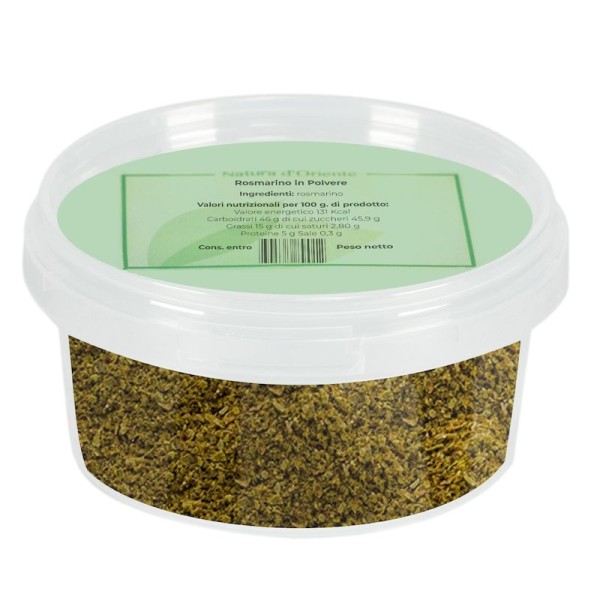







 No reward points for this product.
No reward points for this product.

